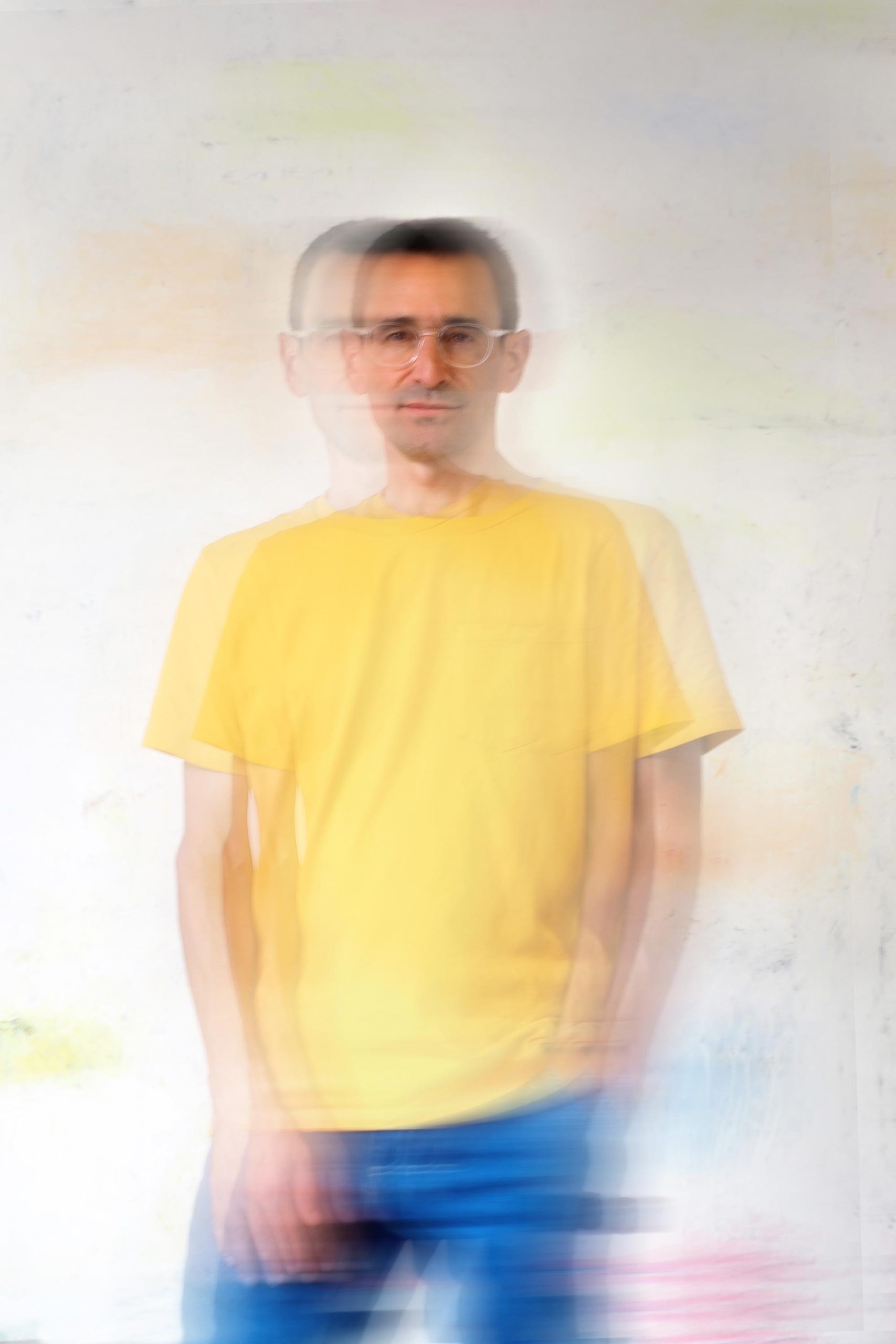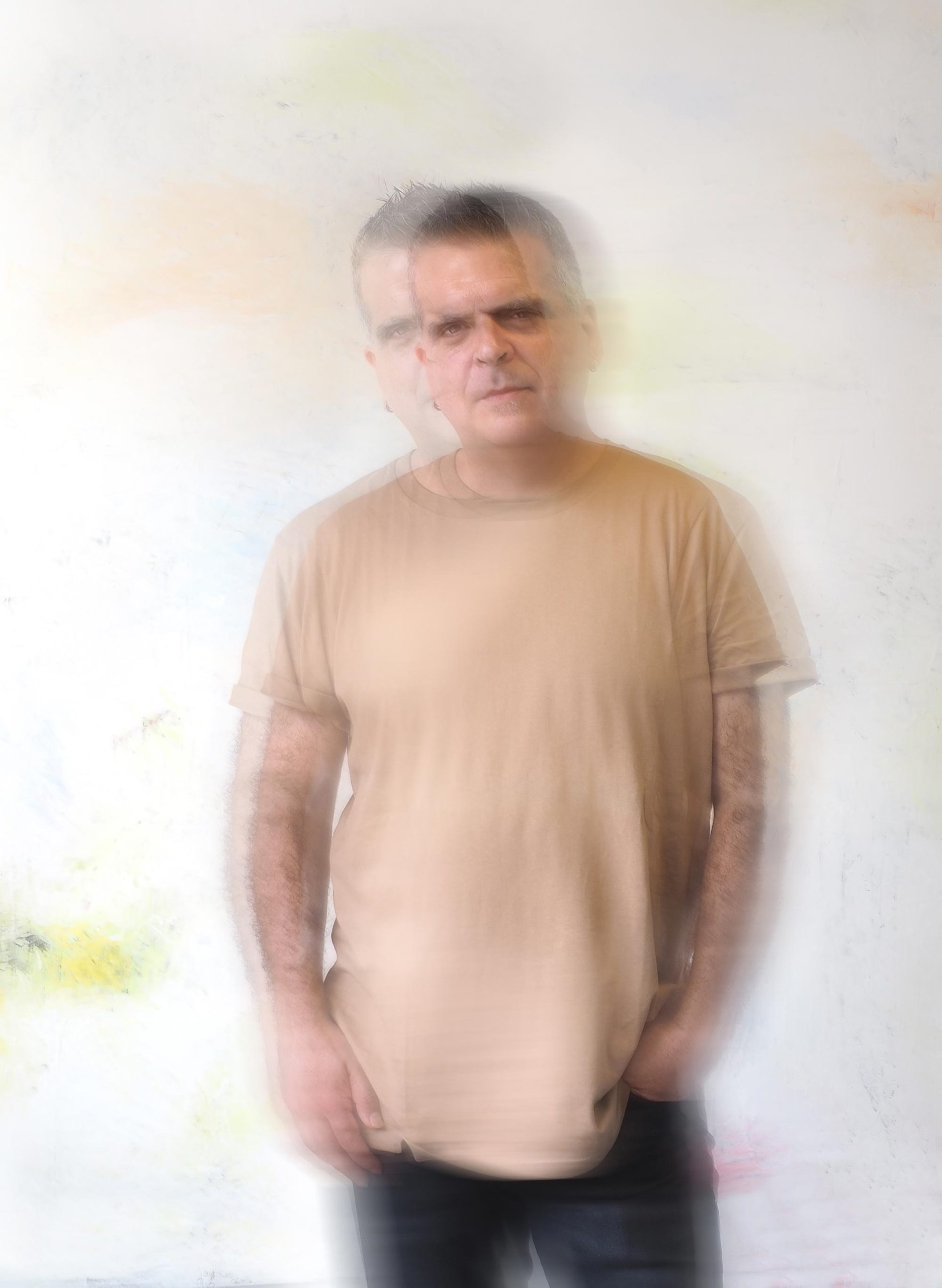Born in Durango, Bizkaia, he has had an artistic career of over thirty years, always working with words; this is why he likes to introduce himself as a berbagin: palabrador, parolétarien, wordworker.
He first became known as a bertsolari, and since the early 1990s it is in this discipline that he has been most visible: he has already participated in over 1,500 improvisational bertsolaritza performances, he has been a finalist in four national championships in the Basque Country, and he was named the txapeldun, or champion, in five provincial championships in Bizkaia.
He was in his teens when he began taking part in projects of bertsoak set to music, and he has staged three shows and brought out as many records, with fellow bertsolari Unai Iturriaga and musician Josu Zabala: Bertso berriak pobreziari jarriak (New bertsoak set to poverty; 1995), Barrenkaleko bluesak (Barrenkale Street blues; 1997), and Bertso berriak eta lagun zaharrak (New bertsoak and old friends; 2007).
He has also written plays such as Errautsak (Ashes; 2011), Francoren bilobari gutuna (Letter to Franco´s grandchild; 2016), Zaldi urdina (Blue horse; 2019) for the theater companies Axut, Artedrama, and Dejabu, as well as scripts for television shows and commercials.


